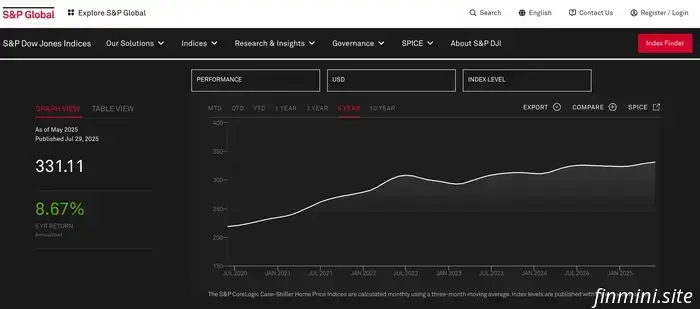We focus on five key pillars: financial psychology, boosting your income, investing, real estate, and entrepreneurship. This is double-ii FiiRE. Today, I will explore the first pillar: financial psychology.
Pillar I | Financial Psychology
Many of us exhibit one of three attitudes toward money: anxiety, avoidance, or obsession.
Those who are anxious may sometimes show this through frugality, indicating we could be making sound financial decisions for misguided reasons. Financial anxiety might manifest as hoarding every dollar. While this could result in an impressive savings rate, it can also trap us in a scarcity mindset, hindering growth.
On the other hand, the avoidant group may be selective in their avoidance. They might enjoy tracking their Robinhood account but shy away from reviewing their credit card bills. Alternatively, they may spend excessive time optimizing their Amazon Subscribe and Save purchases instead of focusing on learning about a balanced investment strategy.
Frugality can also represent avoidance since it directs our attention towards consumption rather than production. While we may be consuming at a lower cost, we remain primarily fixated on consumption in our lives. This focus eliminates the fear of failure typically associated with entrepreneurship and investing; there's no risk of feeling like an imposter.
Ideas for side hustles might fail, rental properties could result in negative cash flow, and private investments may encounter difficulties. However, using coupon codes alongside the right credit card rewards poses no risk of failure.
An overemphasis on frugality can thus feel safe, promising guaranteed rewards with minimal risk, serving as an avoidance tactic.
The third category involves individuals who are obsessed with money. This obsession often combines both fear and admiration.
While it can be hard to identify, I observe this behavior most in those who allow money to dictate pivotal life decisions rather than considering their true desires. They might dream of living in an appealing location (California, NYC, Europe, Hawaii, etc.), but they refrain because of high taxes.
They may dislike their job but choose to stay due to a lucrative paycheck, even when they aren't in a challenging financial situation. They have the ability to seek other opportunities, yet they remain stuck.
A clear indicator of money obsession is when financial considerations become the primary — and sometimes sole — criterion for major life decisions.
If money is your initial filter, it’s time to adopt a more nuanced perspective. True richness extends beyond just financial wealth.
It's easy to make decisions that “look good on paper” (such as which major to pursue in college, what city to live in, or what career path to take). However, this often leads to dissatisfaction and resentment, ultimately resulting in higher costs in the long run to correct these misaligned choices.
The wiser approach is to allow your heart to guide your decisions while your mind finds effective ways to implement them. Prioritize your true passions first, then consider the practical aspects.
We address five key areas: Financial psychology, boosting your income, investing, real estate, and entrepreneurship. This is double-ii FiiRE.

We address five key areas: Financial psychology, boosting your income, investing, real estate, and entrepreneurship. This is double-ii FIIRE.
We address five key areas: Financial psychology, boosting your income, investing, real estate, and entrepreneurship. This is double-ii FIIRE.
Paula Pant explores Financial Psychology, illustrating how anxiety about money, avoidance behaviors, and obsession with it influence your decisions—and how to create genuine wealth and freedom.